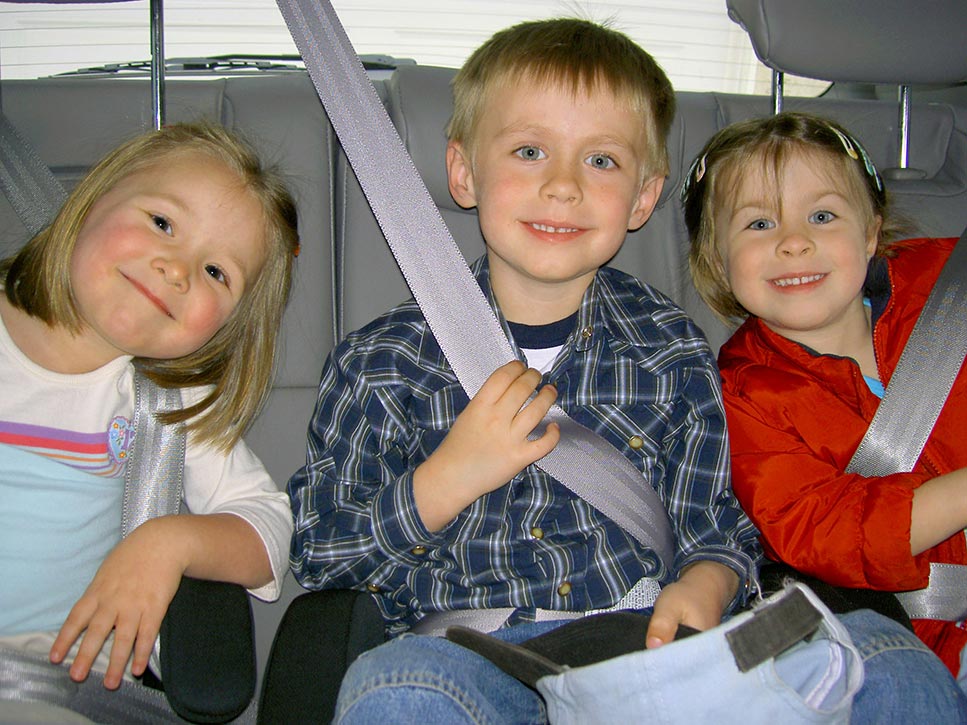Our Daughter
The summer our daughter turned three, she made her first frienemy. They had too much in common, too much time together and, I now realize, a fascination with manipulation.
One bad day on the preschool playground, she said, her bossy friend told her they could play house or police. If they played house, our mature daughter had to be the baby. If they played police, our innocent daughter would have to go to jail. If she chose not to play, she said, she would have to go to jail anyway.
Her story complete, our daughter strapped herself into her car seat, bickered with her brothers, asked me to lower window. I was sweaty, dirty, exhausted, saddened by the events of the day, wondering how a good mother handles these types of situations.
“I’m so sorry, honey,” I said. My voice shook a little. “It sounds like you had a terrible day. How can I help?”
Hot wind blew through our open windows. We listened to the wheels of the family van rolling ‘round. “Mommy,” she finally said, “I made that whole story up.”
“Really?”
“Mostly,” she affirmed. “But it really was a bad day.”
The Experts
When Po Bronson and Ashley Merryman’s book NurtureShock was published in 2009, it created quite a stir. Bronson was interviewed on several television and radio stations. Excerpts of the book were published in popular news magazines. Teachers talked about it.
Honesty… is more important than grades, the big, illusive developmental milestone we are aiming for
NurtureShock includes an entire chapter, 22 unadorned pages, devoted to “why children lie.” I had listened to the radio shows, read the entire book, highlighting several interesting passages in the chapter on lying, including this one:
“In studies where children are observed in their homes, four-year-olds will lie once every two hours, while a six-year old will about once every hour. Few kids are an exception. In these same studies, 96% of all kids offer up lies,” (pg. 80).
Until my daughter’s car seat confession, I assumed we were happily ensconced with the 4% who spoke the truth.
Our Son
Several months later, first thing one winter Monday morning, we piled into the family van, windows frosted, heater blasting. The kids strapped in, and our then nine-year-old son started moaning.
“Mom. I totally forgot I have a test on the states and the capitals today.”
“Did you study?”
“No. I don’t know any capitals. Can I stay home?”
“Not an option,” I said. “Do the best you can.”
The school office called at noon. Our son had just emerged from the bathroom. He said he was throwing up. They said he was white as a ghost. Several kids had the flu.
I thought of NurtureShock, and our daughter’s confession, and our desire to raise good, honest citizens. “He’s not sick,” I said. “I doubt he’s throwing up. He’s just afraid of flunking.”
Our son’s princely teacher told me later that he put a bucket by his chair while he took the test. He flunked. The bucket remained empty.
I thanked him, feeling like I might need a bucket too. “The bucket was a nice touch, don’t you think?” he said, smiling his support.
Honesty, we knew, is more important than capitals, more important than grades, the big, illusive developmental milestone we are aiming for. Our son had that message delivered in an empty bucket. We hope he will take it to heart.



Leave a Comment